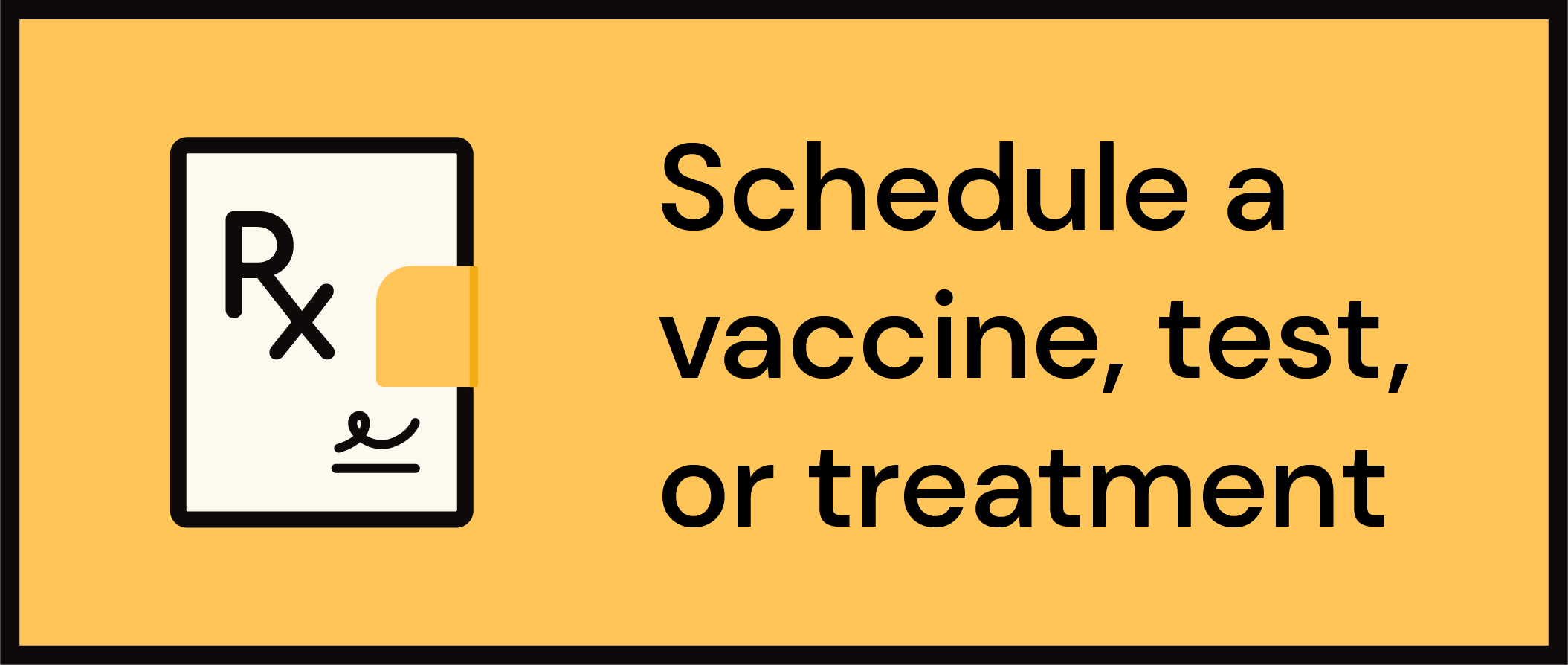Get Healthy!

- Cara Murez
- Posted March 14, 2023
U.S. to Tighten Control of PFAS Chemicals in Drinking Water
U.S. water utilities will be required to remove certain "forever chemicals"from drinking water as the Biden administration sets first-ever limits on perfluoroalkyl and polyfluoroalkyl compounds, better known as known as PFAS.
Nearly all Americans have PFAS in their bloodstream. The toxic chemicals are found in an enormous range of goods from dental floss to waterproof clothing. The chemicals are also a threat to wildlife.
"EPA's proposal to establish a national standard for PFAS in drinking water is informed by the best available science," Michael Regan, administrator of the U.S. Environmental Protection Agency, said in an agency news release.
It "would help provide states with the guidance they need to make decisions that best protect their communities," he added. "This action has the potential to prevent tens of thousands of PFAS-related illnesses and marks a major step toward safeguarding all our communities from these dangerous contaminants."
The EPA aims to limit these chemicals in water to near-zero levels. About 200 million Americans may now be exposed to PFAS in their water, according to a 2020 study.
No level of exposure to the chemicals is considered safe as it was found last year that they cause harm at levels much lower than once understood.
Previously, advice was that drinking water contain no more than 70 parts per trillion of PFAS chemicals. Now, that advice has been revised to no more than 0.004 parts per trillion of perfluorooctanoic acid and 0.02 parts per trillion of perfluorooctanesulfonic acid.
The chemicals are linked to cancer, liver damage, fertility issues, thyroid problems and asthma.
Cities and states have already been imposing limits on PFAS in drinking water. About 21 states have proposed or adopted limits already, according to the National Conference of State Legislatures.
It could cost as much as $38 billion to meet the proposed limits, not including costs for filter material and testing, according to an estimate prepared for the American Water Works Association.
Speaking to the New York Times, Regan said money from a $9 billion package approved for the EPA by Congress as part of an infrastructure bill will help states with costs.
He noted the plan was intended to protect communities from dangerous chemicals and to hold polluters accountable.
The American Water Works Association, which represents 4,300 utilities supplying 80% of U.S. drinking water, and the Association of Metropolitan Water Agencies have not commented, the Times said.
Some Republicans and industry groups criticized what they called impossible and costly standards. Industries would need to stop discharging the chemicals into waterways; utilities would have to test for and remove them, they pointed out.
Public health and advocacy groups expressed their support for the changes.
"Regulating these six highly toxic PFAS chemicals in drinking water is a historic start to protecting our families and communities,"said Anna Reade, a senior scientist with the Natural Resources Defense Council, an environmental group.
"We cannot safeguard public health until we get off this toxic treadmill of regulating one PFAS at a time when thousands of other PFAS remain unregulated," she told the Times.
Actor Mark Ruffalo, who has lobbied for stronger drinking water standards, noted the coziness of industry to power. He said the action was a long time in the making.
"After decades of delay, President Biden's EPA has delivered a drinking water standard for PFOA and PFOS which, when finalized, will be the toughest in the nation,"Ruffalo said in the EPA statement. "My message to polluters is simple: after poisoning your workers and neighbors for decades, it is time to make our public health, not your profits, our top priority. My message to communities devastated by PFAS pollution is equally simple: help is finally on the way."
The EPA will accept public comments on the regulation for 60 days.
More information
The U.S. National Institutes of Health has more on PFAS.
SOURCE: Statement, March 14, 2023, Environmental Protection Agency; New York Times, March 14, 2023








